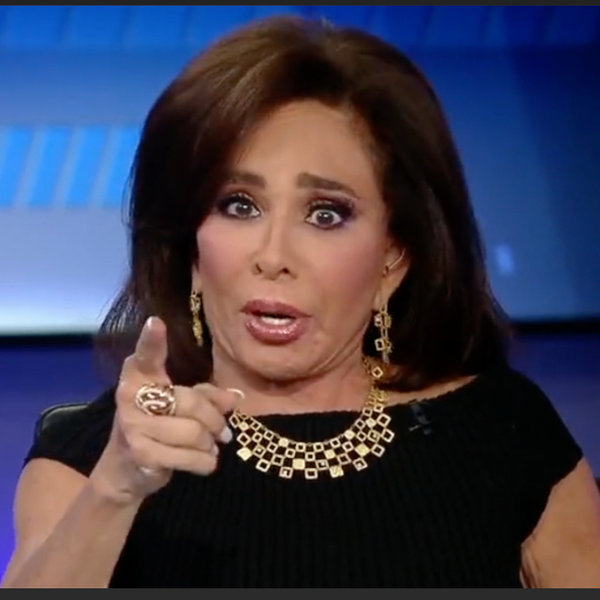Seoul (AFP) – South Korea and the United States have mapped out a new strategy to counter the growing threat of a North Korean nuclear or chemical weapons attack, their defense ministers said Wednesday.
They also agreed to review the sensitive issue of when Seoul should assume operational wartime command over their combined forces in South Korea.
Visiting U.S. Defense Secretary Chuck Hagel said the new pact signed with his South Korean counterpart Kim Kwan-Jin established a “strategic framework” for dealing with “key North Korean nuclear threat scenarios” in the wake of its third atomic test in February.
Although neither side provided details, Kim said the plan — which is certain to be condemned by North Korea — would “greatly enhance” the alliance’s deterrence capacity.
Observers said it was largely a confidence-building measure to underline Washington’s support for Seoul against any provocation from Pyongyang.
South Korea is protected by the US nuclear umbrella and there are currently nearly 30,000 U.S. troops stationed in the country.
But Seoul insists that the alliance must respond to what Kim described as the “vastly different” security situation on the Korean peninsula following the North’s nuclear test.
To that end, it has requested an extension of U.S. wartime command over South Korean troops — currently scheduled to end in 2015.
In case of war with North Korea, the alliance at present calls for the U.S. military commander to lead American troops deployed to the country, as well as South Korea’s 640,000-strong force.
Seoul argues that the transition to South Korean command should be postponed until the nuclear threat from Pyongyang has been neutralised.
Washington has indicated it wants to keep to the original schedule, but Hagel said he had listened “very seriously” to Seoul’s concerns and promised further consultations on the issue.
“We are very optimistic we will have an agreement,” he added.
At a joint press briefing with Kim, Hagel also stressed that the new deterrent strategy covered all the North’s weapons of mass destruction, including chemical weapons.
According to South Korean defence officials, North Korea has up to 5,000 tonnes of chemical arms — an alleged stockpile that has been highlighted by the use of such weapons in Syria.
“There should be no doubt that North Korean use of chemical weapons would be completely unacceptable,” Hagel said.
The North’s nuclear test in February — its third and most powerful to date — triggered months of heightened military tensions on the Korean peninsula.
Pyongyang threatened pre-emptive nuclear strikes against South Korea and the United States, while the Pentagon responded by deploying nuclear-capable B2 stealth bombers during joint military exercises with Seoul.
And in March, Seoul and Washington signed another pact providing for a joint military response even to low-level provocation by North Korea.
Tensions have since eased, but acute concerns remain over the North’s nuclear weapons programme after satellite image analysis suggested it had expanded its production of weapons-grade fissile material.
“North Korea has increased its threat clearly against South Korea, and against the United States. It has increased its capability,” Hagel said.
But he also noted that South Korea’s military has grown “stronger, more professional and more capable” over the past decade.
On Tuesday Hagel had attended the South’s largest military parade for a decade, which showcased a new cruise missile capable of pinpoint strikes anywhere in North Korea.
The parade was condemned as “an unprecedented display of lunatic hostility” by North Korea, which also lashed out at the entire U.S.-South Korea military partnership.
The alliance has “brought nothing but continued division, the deterioration of North-South relations and the increasing danger of a nuclear war”, the ruling party newspaper Rodong Sinmun said.
Hagel flew on to Tokyo in the early evening, where he will be joined later by Secretary of State John Kerry.
The two men will meet their Japanese opposite numbers for discussions on the Washington-Tokyo alliance and regional security, a defense official said.








